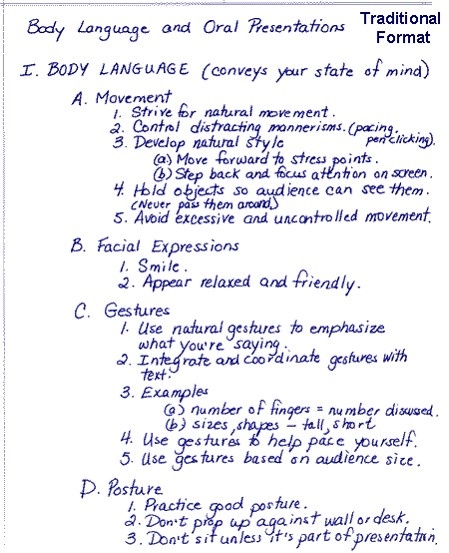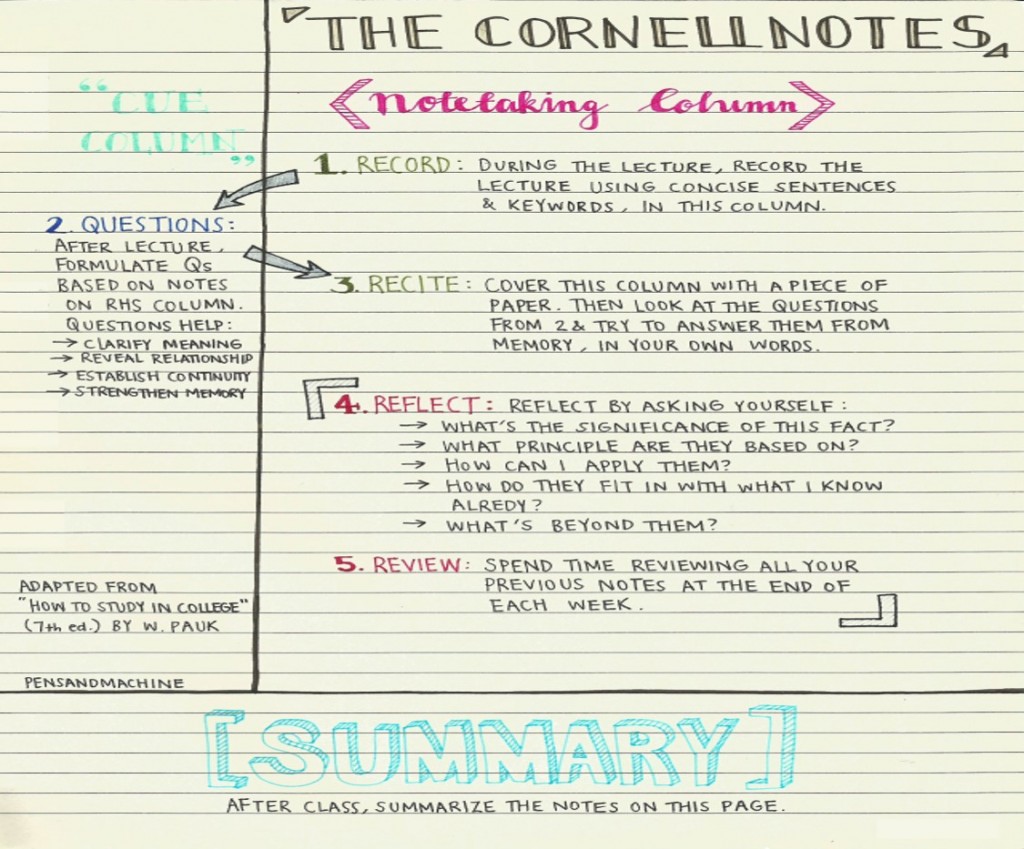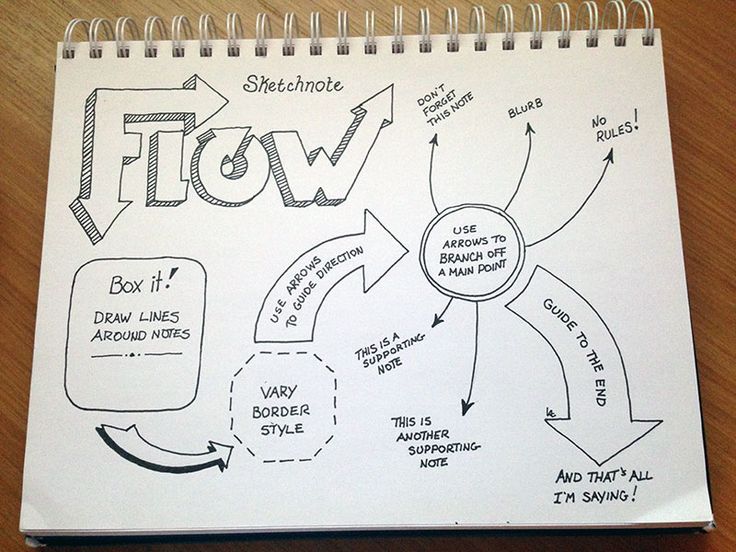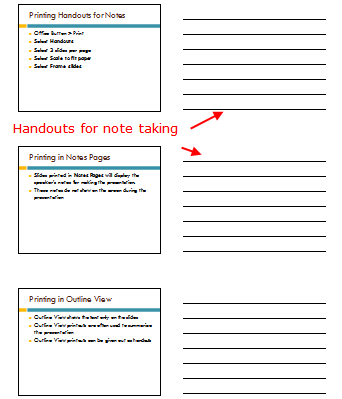It’s mid-semester and you are beginning to realize the academic goal you set of getting a 4.0 grade point average this semester is a little more difficult than you imagined. You’re panicked, what if you can’t achieve your goal? Before you start to worry too much, what if told you there was a way to maximize the success of achieving your goals? Two words: Manageable. Goals.
Manageable goals are used to break academic goals into segments, making them easier to achieve. When creating manageable goals there are four things you need to consider:
1. Goals can either be short-term or long-term
2. Can involve one class or multiple classes
3. Must be well thought-out and specific
4. Start with smaller goals that can help you towards bigger goals
It’s important to note that steps 3 and 4 are not to be completed in succession but coincide with one another. Creating well thought out goals and using steps to achieve them is part of what manageability is all about.
Before you start creating goals, there are a few pieces of information you need to know. Academic Goal setting involves collaboration between three aspects: Yourself, Your Strengths and Your Classes.
Yourself

There is no one in the world that has a better understanding of you, than you. The most important part about goal setting is that these goals should represent YOUR goals and not any one else’s. Goals are meant to encourage you to complete a task that directly affects your success. If your goal is really someone else’s, you are less likely to be able to achieve it, or experience greater stress when attempting to. Once you identify your goal, it is time to outline what factors will influence it.
Strengths and Areas for Improvement

Assessing your strengths and weakness, in relation to your goals, helps you figure out what could benefit or hinder completing your goals. Sitting down with a sheet of paper and writing down your goal, and the strengths you possess that could help is the first step. You can do the same for areas you would need to improve on in order to keep up with your goal.
Your Classes

Since you are creating manageable academic goals, it is important for you to understand the role your course schedule would play in achieving those goals. Questions to ask about your classes include:
–What times do your classes meet? Where?
–Who’s the professor?
–What’s the course material? (Is this a subject you may find more difficult)?
–Who’s in the class/class size?
–Notice due dates/evaluate the syllabi!
–Talk to your professor about any other questions/comments/concerns you may have.
Applying your strengths and areas of improvement to the information you gain from assessing your classes, gives you a better picture of the steps necessary for your manageable goals.
Creating a Manageable Goal
Using all of the information in this post, it is time to start setting manageable goals.
Identify your goal:
“My goal is to achieve a 3.75 cumulative GPA for my four years in undergraduate studies.”
Break it into Manageable Steps:
First Semester Freshman Year: I will spend an average of two hours per class studying each week. I will create a weekly schedule that outlines when assignments are due and I will start working on my final project in November, sectioning out each portion so that it is completed on December 3rd.
Second Semester Freshman Year…
First Semester Sophomore Year…
Assess Strengths and Areas for Improvement:
Strengths: Well Organized, Disciplined, Good Time Management Skills
Areas for Improvement: Procrastinator, Statistics is difficult for me to understand
Your Classes:
“I see that my statistics class has three exams listed on the syllabus, I will make sure to schedule extra study time those weeks and visit the tutoring center.”
“My professor offers office hours twice a week to answer questions about classwork, I’ll make sure to visit her and clarify a section of Monday’s lecture.”
Discipline and Self-Efficacy

Discipline and Self-Efficacy are vital pieces to completing your goals. You must have the discipline to not only follow through with your proposed plan, you must also believe that your goal is attainable. Being disciplined about your goal does not mean you will not experience setbacks. It is important to understand that this does not mean you cannot achieve your goal, but the goal or your approach may need to be readjusted. Be honest with yourself about whether or not you were following your manageable goal plan or maybe there was an error.
Additional Resources
Academic Success Center @ IUP – www.iup.edu/success
ASC@IUP Walk-In Tutoring Center – 201-A Stabley Library
Further Walk-In Tutoring http://www.iup.edu/success/tutoring-schedules/
Writing Center – Eicher Hall, Rm 218
Learning Enhancement Center – Pratt Hall, Rms 202/203
University Libraries – Stapleton & Stabley – located in the Oak Grove
Career and Professional Development Center – Pratt Hall, Suite 302
Major and Career Exploration Center – Pratt Hall, Rm 214
 Midterms can be a stressful time for students. You are preparing for multiple exams at one time while preparing to leave for spring break. I am here to let you know that you do not need to stress yourself out! Here you will find a few tips and tricks to prepare for midterms this semester.
Midterms can be a stressful time for students. You are preparing for multiple exams at one time while preparing to leave for spring break. I am here to let you know that you do not need to stress yourself out! Here you will find a few tips and tricks to prepare for midterms this semester.




 Final exams are almost over, you’re all packed up and ready to see your dog who you’ve been without for four months. People often talk about the transition process TO college: full of uncertainty, homesickness and more. But what about the transition back home for Winter break? It is possible you have spent the last few months with the greatest amount of independence! How do you handle the readjustment back to your pre-college regulations? This article will give you a few ways to navigate that experience this upcoming break!
Final exams are almost over, you’re all packed up and ready to see your dog who you’ve been without for four months. People often talk about the transition process TO college: full of uncertainty, homesickness and more. But what about the transition back home for Winter break? It is possible you have spent the last few months with the greatest amount of independence! How do you handle the readjustment back to your pre-college regulations? This article will give you a few ways to navigate that experience this upcoming break!









